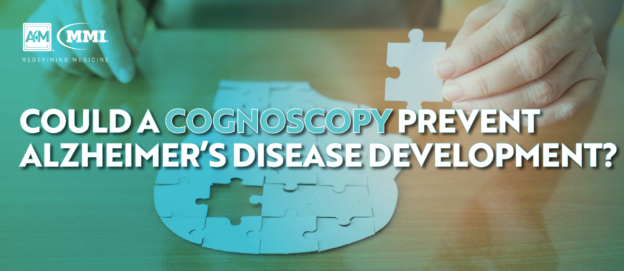At A4M/MMI, our mission is to spread awareness surrounding the need for research, funding, and further education in order to prevent age-related diseases. This will not be the last you hear from us concerning Alzheimer’s disease, as it is a topic that both deserves and requires a significant amount of attention.
The month of November has been officially designated as Alzheimer’s Disease Awareness Month, a disease that currently affects more than five million Americans: a number that could potentially skyrocket to 16 million in the next three decades. Not only is Alzheimer’s the sixth-leading cause of death in the country, but the disease also leads to tremendous financial and emotional instabilities, in addition to extensive family strain and stress.
The cognitive losses that accompany Alzheimer’s disease are, at first blush, signs of normal aging: forgetfulness, disorientation, and impairments in functioning that lead to one’s inability to perform basic, rudimentary tasks. Yet these symptoms are merely the tip of the iceberg: depression, anxiety, aggression, and a detachment from reality are some of the emotional and behavioral difficulties caused by Alzheimer’s.
While pharmaceutical medications can alleviate some of the more crippling symptoms of Alzheimer’s, controllable risk factors for Alzheimer’s disease remain unknown; thus, it is not yet possible to reduce chances of developing the disease. While the past two decades have seen significant advances in our understanding of the disease, there is still no cure, nor any way to slow the disease’s progression, or reverse the deterioration.
Current mainstream medical therapy aims to preserve diminishing brain function, yet several drugs are currently being studied through clinical trials, with the hopes of improving memory or slowing the disease’s progression. Continued and increased funding in research is critical, as most scientists and clinicians believe that early detection is the primary way in which to stop the disease’s progression—or even ultimately cure it.
To become further involved with research, funding, or learn more about ways to prevent aging-related diseases, take a look at what being an A4M member means. Enhancing health is always our top priority, and we believe if you are reading this, it is yours too.

